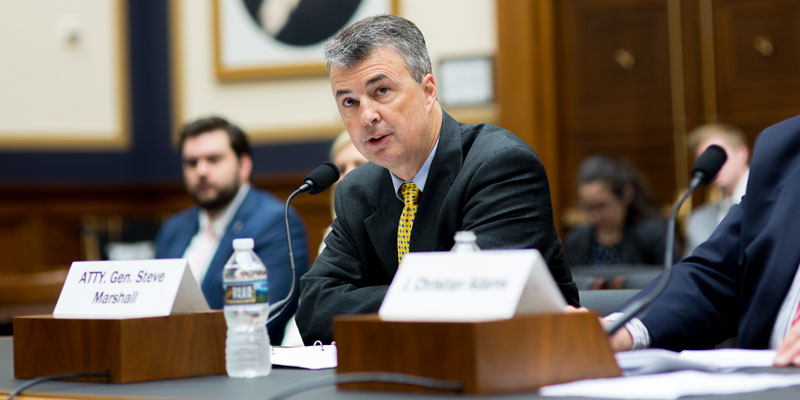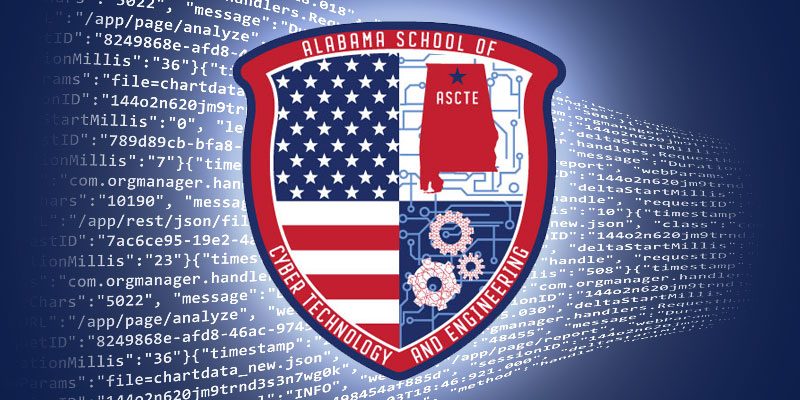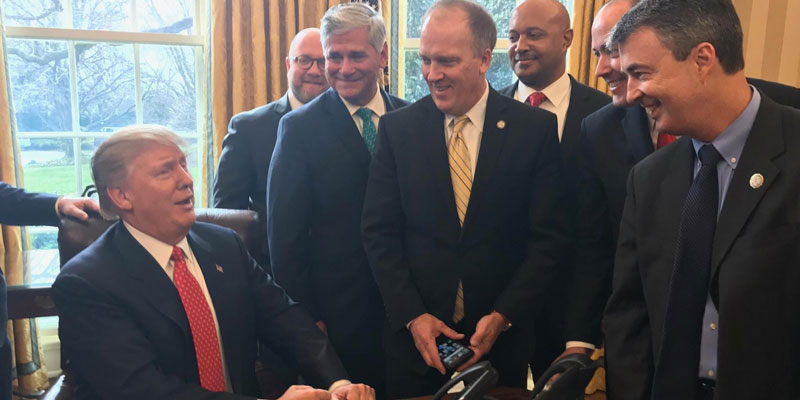Alabamians have every reason to take interest in the makeup of the United States Supreme Court and the president’s recent nomination of Brett Kavanaugh. Much has been written about what Kavanaugh’s ascendency to the high court could mean for the future of religious liberty, abortion, and Second Amendment cases.
Less talked about is what Judge Kavanaugh’s addition to the Court could mean for the kind of pervasive federal overreach that the U.S. Supreme Court gave its blessing to over 30 years ago. This is a timely question given that, only weeks ago, Justice Kennedy–Kavanaugh’s former boss and the justice he would replace–used one of his last opinions to tell the Court to take another look at that decision.
Put simply, the Supreme Court’s 1984 opinion in Chevron v. National Resources Defense Council gave federal agencies the power to do what the agency believes the law requires, instead of what a court believes the law requires. The end result? Courts lost the power to hold agencies accountable when they don’t follow the text of the laws passed by Congress.
Unelected federal employees running mega-bureaucracies in Washington, in many ways, began running the country — unaccountable at the ballot box and operating at a laughable distance beyond the “few and defined” powers the federal government is given in the U.S. Constitution.
Judge Kavanaugh knows more than most about our country’s boundless “administrative state.” He is a judge on the U.S. Court of Appeals for the D.C. Circuit–the court that hears many cases and controversies arising out of federal agency decisions. [One of Alabama’s own, Janice Rogers Brown, sat on the powerful court until she retired last year, writing a number of significant opinions in favor of liberty, against an overreaching federal government.]
Given this experience, Judge Kavanaugh is especially qualified to scrutinize the unconstitutional actions of federal agencies. He may also play a role in the Court’s shifting away from its opinion in Chevron.
What would the Court’s departure from Chevron mean for Alabama? Plenty. As I think about the cases my office has been involved in at the U.S. Supreme Court during my tenure, many of them have been about federal agencies run amok. We’ve fought the erosion of property rights, threats to economic liberty, and expensive energy mandates–all because of overreach by federal agencies. As a result, just last week, I joined a powerful brief to the Court asking it to reconsider Chevron and fix the root cause of these problems.
This should be a bipartisan issue. No matter who you support for president or Congress, we can all agree that courts should make bureaucrats in D.C. follow the law–not empower them to be a law unto themselves. And Alabamians of all political persuasions have much to gain from halting the invasion of federal agencies into every aspect of our lives.
Adding a judge like Kavanaugh to the U.S. Supreme Court could be the catalyst for this rightful reversal of course. He has demonstrated time and again his commitment to the Constitution–including the separation of powers between the three branches of the federal government, the balance of power between the federal government and the states, and the inalienable rights of the American people.
Legal scholars from the left and the right agree that Judge Kavanaugh’s qualifications are impeccable. Having him on the bench would be a significant step toward restoring the kind of restrained, limited government that the Founders envisioned. The U.S. Senate should swiftly confirm Judge Kavanaugh to the U.S. Supreme Court.
(Paid for by Steve Marshall for Alabama, P.O. Box 3537, Montgomery, AL 36109)







